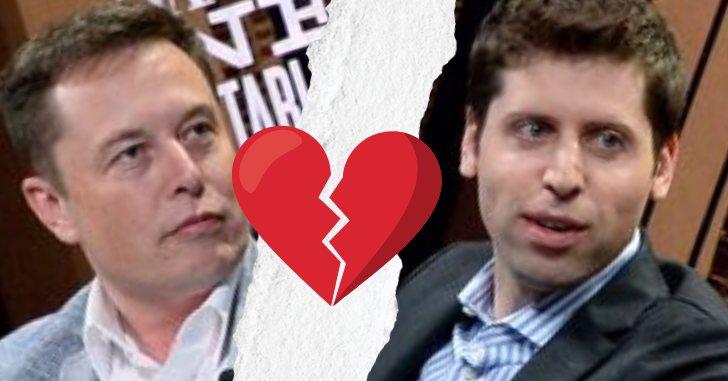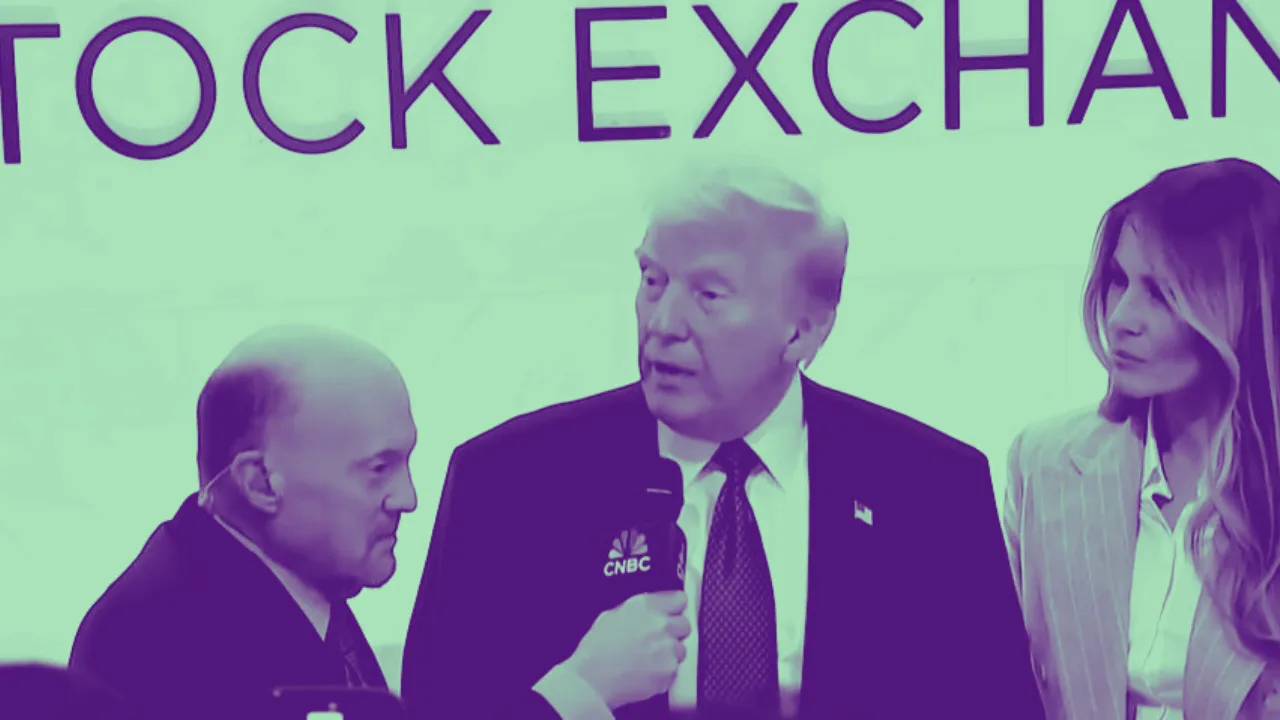Elon Musk, one of the most influential figures in technology, has launched a staggering $97.4 billion bid to take control of OpenAI. This move is not just about money—it represents a fierce ideological battle over who controls artificial intelligence and how it should be developed.
While OpenAI, led by CEO Sam Altman, has evolved into a dominant force in AI with significant backing from Microsoft, Musk has been vocal about his concerns that OpenAI has strayed from its original nonprofit mission. His bid raises major questions about AI governance, competition, and the future of technology.
Why Does Elon Musk Want to Buy OpenAI?
Musk was one of OpenAI’s original co-founders in 2015, but he left in 2018 over strategic disagreements. Since then, he has repeatedly criticized OpenAI’s transformation from a nonprofit research lab into a for-profit company with deep ties to Microsoft. His concerns include:
- AI Safety and Ethics: Musk argues that OpenAI is developing AI recklessly, without enough focus on safety.
- Corporate Control of AI: He has warned against AI being controlled by a handful of tech giants like Microsoft.
- A Return to Open-Source AI: Musk believes AI research should be more transparent and accessible to the public.
Musk’s AI company, xAI, has been positioned as an alternative to OpenAI. However, with OpenAI’s dominance, Musk may see acquiring it as the fastest way to realign AI with his vision.
What’s at Stake?
Musk’s bid isn’t just a corporate acquisition—it’s a battle for control over the most powerful AI company in the world. Here’s why it matters:
1. The Future of AI Development
AI is reshaping industries from finance to healthcare, and whoever controls OpenAI has immense influence over the global economy. If Musk takes over, OpenAI’s focus could shift toward his vision of AI safety, slowing down its current rapid development.
2. Microsoft’s Investment in OpenAI
Microsoft has invested over $13 billion into OpenAI and deeply integrated its technology into products like Microsoft 365 and Azure. If Musk were to take control, it could jeopardize Microsoft’s plans, leading to potential lawsuits and major market disruptions.
3. AI Regulation and Government Oversight
Governments worldwide are trying to regulate AI, and a shift in OpenAI’s leadership could impact AI policy. Musk has called for more AI safety research, while OpenAI has been working closely with regulators to shape AI laws.
4. Economic and Market Implications
A takeover of OpenAI could cause ripple effects across the stock market, particularly for Microsoft, AI startups, and tech companies reliant on OpenAI’s models. The AI sector is already a multi-trillion-dollar industry, and any major shifts in power could impact investments and business strategies.
OpenAI’s Response: Sam Altman’s Rejection
Sam Altman, OpenAI’s CEO, swiftly rejected Musk’s bid, even mocking it on X (formerly Twitter) by saying:
“No thank you, but we will buy Twitter for $9.74 billion if you want.”
Altman’s response highlights the deep rift between him and Musk. OpenAI is not looking for a buyout and instead continues its trajectory of aggressive AI development with Microsoft’s backing.
Musk’s Next Move: Will He Fight for Control?
With Altman rejecting the bid, Musk has several potential next steps:
- Increase the Offer: Musk could raise his bid beyond $97.4 billion to pressure OpenAI’s board and investors.
- Attempt a Hostile Takeover: If OpenAI were publicly traded, Musk could try to buy enough shares to gain control. However, OpenAI is structured as a nonprofit-capped entity, making this difficult.
- Compete Directly with xAI: If OpenAI won’t sell, Musk may put more resources into xAI to challenge OpenAI’s dominance.
- Legal Action: Musk has already sued OpenAI, arguing it has betrayed its nonprofit mission. He may use legal pressure to push for changes.
What This Means for the Future of AI
Regardless of whether Musk’s bid succeeds, this battle will shape the future of AI in several key ways:
- AI Competition Will Heat Up: Musk’s push will likely accelerate competition between OpenAI, xAI, and other AI companies, leading to faster advancements.
- Regulatory Scrutiny Will Increase: Governments may look more closely at AI governance and corporate control over AI.
- Public Interest in AI Ethics Will Grow: This high-profile fight could increase awareness of AI ethics, transparency, and safety concerns.
A Defining Moment for AI
Elon Musk’s bid for OpenAI is more than just a business deal—it’s a fight over who controls AI and how it should be developed. If Musk succeeds, it could reshape the AI industry in ways that impact businesses, governments, and everyday people.
With AI playing an increasingly critical role in everything from automation to finance, this battle could define the direction of technology for decades. Whether you support Musk’s vision or OpenAI’s current trajectory, one thing is clear: the future of AI is up for grabs.





